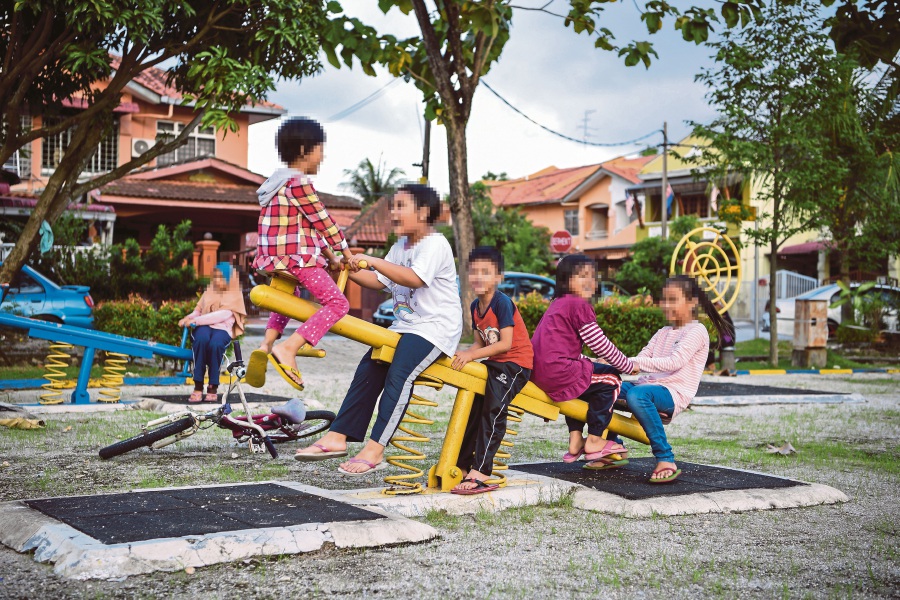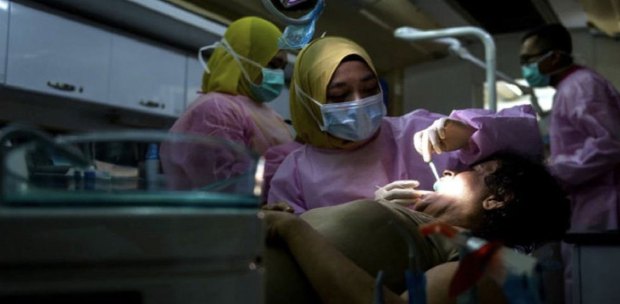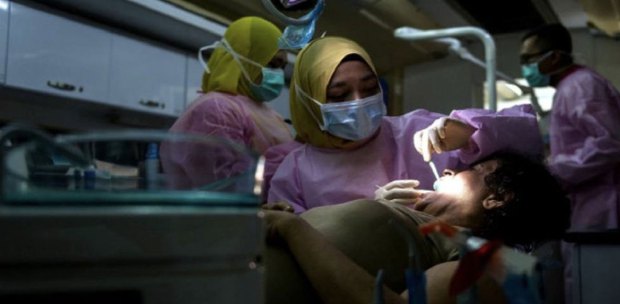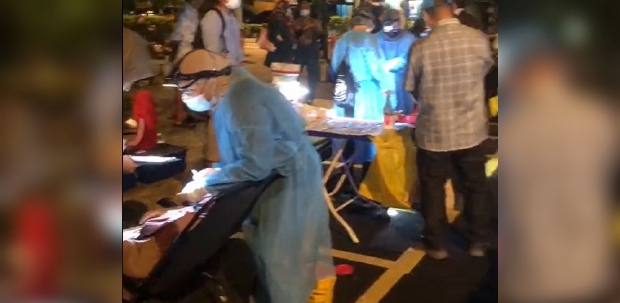LETTERS: The festive season is a time for family gatherings, delicious food and celebration.
However, the year-end holidays coincide with the rainy season, when the combination of wet roads and traffic congestion increases the likelihood of accidents for people of all ages.
Children require additional protection due to their playful and energetic nature, which makes them more vulnerable to accidents that could lead to dental injuries.
Research indicates that common causes of these injuries include falls, fights, sports and collisions.
Scientific literature shows that dental and maxillofacial injuries impact approximately 20 to 30 per cent of permanent teeth. Accidents resulting from falls or collisions can cause hard tissue injuries, such as chipped or knocked-out teeth, fractured jaws, and soft tissue injuries such as lacerations, leading to pain and distress for both the child and their parents.
Moreover, vehicle accidents peak during the holiday and rainy seasons, elevating the risk of dental and maxillofacial trauma.
These injuries have significant implications for aesthetics, functionality, and psychological and economic wellbeing.
For instance, tooth avulsion resulting from falls may result in difficulty in chewing and speaking. Psychologically, it can lead to self-consciousness, social isolation, and anxiety among children.
Socially, children may face teasing and avoid social events due to missing or fractured teeth resulting from trauma. These impacts show the importance of reducing the risk of injuries.
Preventive strategies include parental and adult supervision, especially in environments where the risk of trauma is high. Being aware of the child's activities can prevent accidents. Providing children with appropriate footwear, reminding them to walk carefully, and supervising their activities can significantly reduce the risk of falls.
Creating a safe environment, both indoors and outdoors, is also crucial. For example, remove obstacles, instal childproof locks on cabinets or drawers containing sharp objects, cover sharp edges of furniture with corner protectors, and use non-slip rugs indoors.
Encouraging safe play and teamwork, and promoting the use of helmets and mouthguards during sports, provide an additional layer of protection.
In addition, parents or adults can set an example to children by avoiding using teeth as a tool to open packages or bottle caps. During festive events, it's tempting to rely on our teeth for quick fixes, but these habits increase the risk of chipping the teeth and injuring the mouth and lips.
The festive season also brings an abundance of sugary treats and beverages. Promoting moderation is crucial. Limiting the intake of sugary snacks and beverages is essential for maintaining a balanced diet that preserves both general and oral health.
As the festive season and school holidays approach, it is essential to be mindful of the increased risk of dental trauma.
Let's enjoy the holidays cautiously, making sure our children participate with bright, healthy smiles, free from dental injuries.
ASSOCIATE PROFESSOR DR NOR AZLIDA MOHD NOR
Department of Community Oral Health and Clinical Prevention, Faculty of Dentistry, Universiti Malaya
The views expressed in this article are the author's own and do not necessarily reflect those of the New Straits Times





